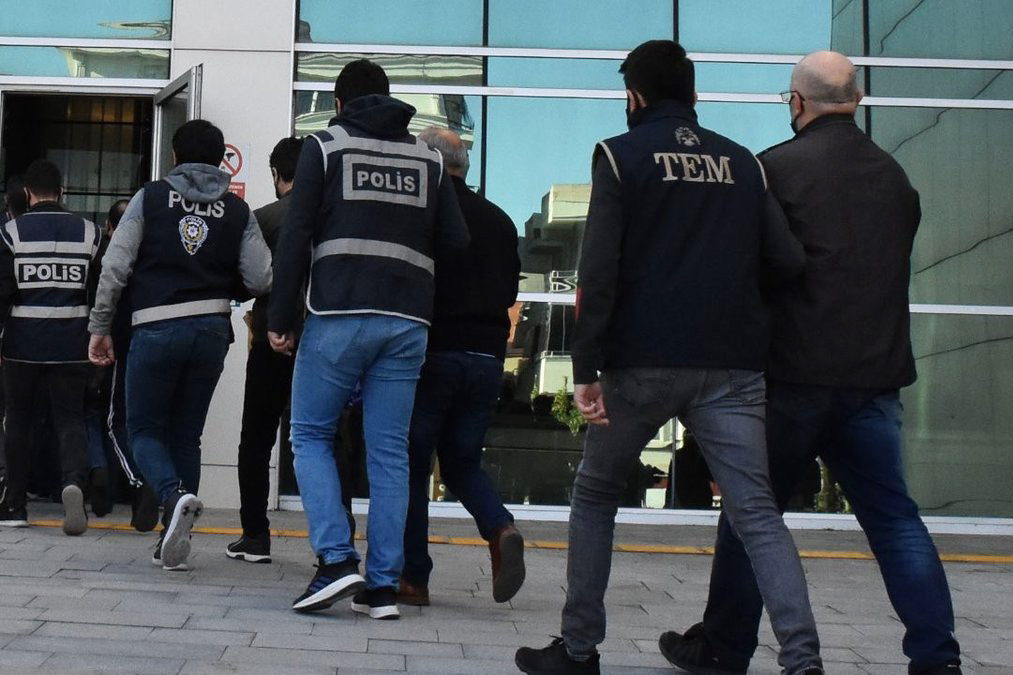Ankara — The Ankara Chief Public Prosecutor’s Office has issued detention warrants for 39 people, including active-duty and former military officers as well as ex-military cadets, over alleged links to the Gülen movement. The state-owned Turkish Radio and Television Corporation (TRT) reported the development on Tuesday, as the government’s ongoing crackdown on the group continues unabated.
The suspects are accused of covertly communicating with contacts within the Gülen movement via payphones — a method the Turkish authorities have targeted in recent years in what they refer to as “payphone investigations.” The investigations are based on call records, where prosecutors assume that when a known or suspected Gülenist uses a particular payphone to call multiple numbers in succession, those numbers also belong to people linked to the movement. No content of the calls is available, and the authorities rely solely on the timing and sequence of these contacts.
The Gülen movement, led by the exiled cleric Fethullah Gülen who resides in the United States, has been a primary target of President Recep Tayyip Erdoğan’s government since a corruption probe in 2013 implicated then-Prime Minister Erdoğan, his family members, and close associates. Erdoğan dismissed the investigations as a Gülenist plot to undermine his rule and designated the movement as a terrorist organization, despite widespread skepticism from international observers.
The government’s campaign against the group was further escalated following a failed coup attempt in July 2016, which left 251 people dead and more than 2,000 injured. Erdoğan immediately blamed Gülen and his followers for orchestrating the plot, a claim that Gülen and his movement vehemently deny. In the aftermath of the putsch, Turkey declared a state of emergency and launched a massive purge of state institutions, sweeping through the military, judiciary, and civil service.
More than 130,000 public servants, including 4,156 judges and prosecutors, as well as 29,444 members of the armed forces, were summarily dismissed from their positions by emergency decrees that bypassed both judicial and parliamentary oversight. Many of those dismissed were accused of having ties to the Gülen movement.
Since 2016, the government’s crackdown has led to the investigation of over 705,000 people on charges related to terrorism or the coup attempt. As of today, more than 13,250 individuals remain behind bars, either in pretrial detention or serving prison sentences for their alleged ties to the Gülen network.
The widespread purge has forced thousands of Gülen followers to flee the country, seeking refuge in Europe, North America, and other regions to avoid arrest and prosecution in Turkey. Human rights organizations and international observers have criticized the scale and intensity of the crackdown, arguing that it has led to severe human rights violations and that the “payphone investigations” rely heavily on guilt by association rather than concrete evidence.
Despite international criticism, the Turkish government maintains that the measures are necessary for national security, arguing that the Gülen movement is a clandestine organization that poses a direct threat to the state. With Tuesday’s detention warrants, the government’s campaign shows no sign of letting up, as authorities continue to target alleged members of the group both at home and abroad.



